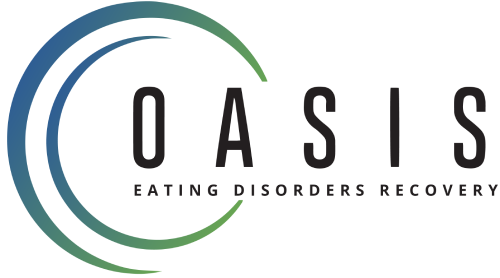Binge-eating disorder is a serious and potentially life-threatening eating disorder that affects millions of people around the world. It is characterized by frequent episodes of extreme overeating, often accompanied by feelings of guilt, shame, and distress. While the binge-eating disorder is often confused with other eating disorders, such as bulimia nervosa, it is distinct in that individuals with binge-eating disorder do not engage in compensatory behaviors such as purging after binge-eating episodes.
What is a Binge-Eating Disorder?
Binge-eating disorder (BED) is a type of eating disorder that is characterized by recurrent episodes of eating large quantities of food in a short period, often accompanied by feelings of shame, guilt, and distress. People with BED often struggle with feelings of low self-esteem, body image issues, and depression. BED is the most common eating disorder in the United States, affecting an estimated 3.5% of women and 2% of men.
What Causes Binge-Eating Disorder?
Binge-eating disorder is not fully understood, but it is believed to be caused by a combination of biological, psychological, and environmental factors. Research suggests that genetics may play a role, as people with a family history of eating disorders are more likely to develop BED. Other potential factors include psychological issues such as low self-esteem, depression, anxiety, and stress. Additionally, environmental factors such as dieting, food availability, and cultural pressures may contribute to the development of BED.
What Are the Signs and Symptoms of Binge-Eating Disorder?
The signs and symptoms of BED may vary from person to person. Common signs and symptoms include:
• Eating large amounts of food in a short period of time
• Eating even when you’re not hungry
• Eating until you’re uncomfortably full
• Eating alone or in secret
• Feeling ashamed, guilty, or embarrassed about eating
• Feeling depressed or anxious
• Having difficulty sleeping
• Having a distorted body image
• Having difficulty concentrating
• Experiencing physical symptoms such as stomach pain or headaches
How is Binge-Eating Disorder Diagnosed?
Binge-Eating Disorder is typically diagnosed by a mental health professional such as a psychologist, psychiatrist, or other licensed medical professionals. Generally, a diagnosis of Binge-Eating Disorder is made after a thorough evaluation of the individual’s symptoms, medical history, and behavior.
The evaluation may include a physical exam, laboratory tests, and psychological assessments. Additionally, the individual should report any episodes of binge eating, including frequency, duration, and associated feelings. Ultimately, the diagnosis of Binge-Eating Disorder should be made after a comprehensive evaluation and with the guidance of a mental health professional.
What Are the Treatment Options for Binge-Eating Disorder?
The treatment of Binge-Eating Disorder typically includes a combination of psychotherapy, medication, and lifestyle changes. Psychotherapy is often the first line of treatment for Binge-Eating Disorder and can include Cognitive Behavioral Therapy (CBT), Dialectical Behavior Therapy (DBT), and other forms of psychotherapy. Medications, such as antidepressants and anti-anxiety medications, can also be used to help manage symptoms of Binge-Eating Disorder.
Finally, lifestyle changes such as eating more balanced meals and engaging in regular physical activity can help to reduce the frequency and intensity of binge-eating episodes. Ultimately, the best treatment plan for Binge-Eating Disorder will be tailored to the individual’s specific needs and should be guided by a mental health professional.
Conclusion
Binge-eating disorder is a serious mental illness that can have devastating consequences on a person’s health and well-being. If you think you or someone you know may be suffering from a binge-eating disorder, it’s important to seek professional help. With treatment, many people with binge-eating disorders are able to lead happy and healthy lives.
If you are looking for a well-trusted eating disorder recovery center that would help you with your compulsive overeating or food addiction, look no further than our expertise here at Oasis Eating Disorders Recovery. We understand that living with an eating disorder takes a toll on the individual, as well as their friends and family. We are here to offer support, compassion and hope as you navigate the recovery journey. Call us today to book your first eating disorder session with us.

